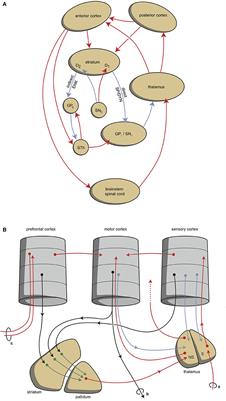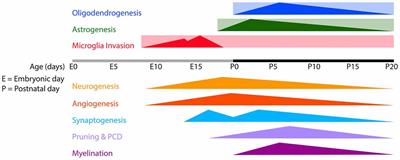HYPOTHESIS AND THEORY
Published on 10 Nov 2016
Circuits Regulating Pleasure and Happiness—Mechanisms of Depression

doi 10.3389/fnhum.2016.00571
- 18,433 views
- 57 citations
25k
Total downloads
250k
Total views and downloads
HYPOTHESIS AND THEORY
Published on 10 Nov 2016

REVIEW
Published on 08 Nov 2016

REVIEW
Published on 09 Aug 2016

OPINION
Published on 13 May 2016
REVIEW
Published on 29 Mar 2016
HYPOTHESIS AND THEORY
Published on 01 Feb 2016
ORIGINAL RESEARCH
Published on 10 Sep 2015
ORIGINAL RESEARCH
Published on 22 Apr 2015
REVIEW
Published on 02 Feb 2015